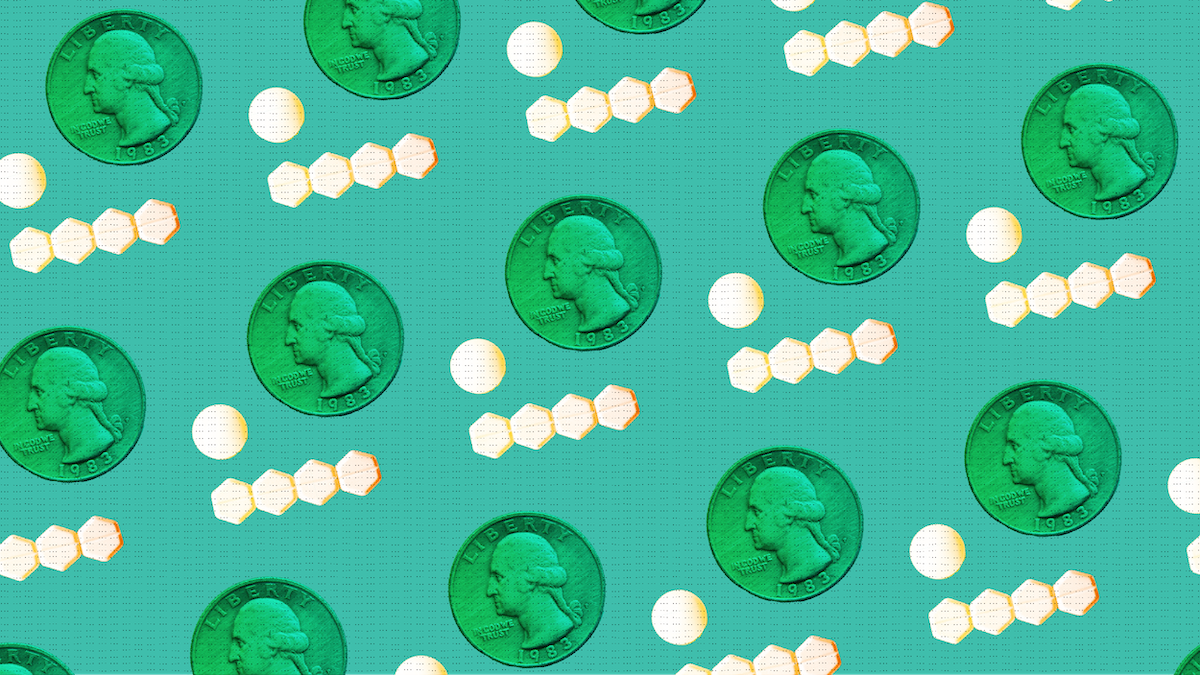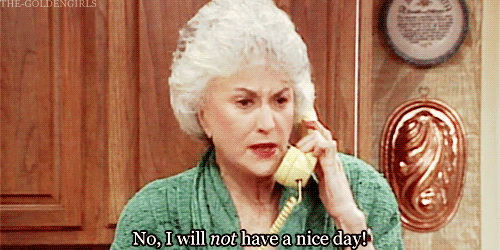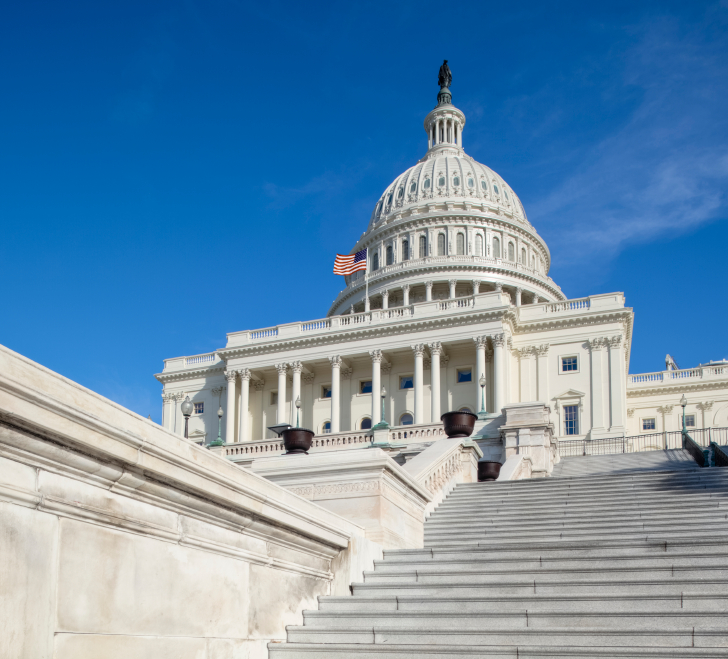Abortion rights, women of color, and LGBTQI+ people are under attack. Pledge to join us in fighting for gender justice.
Abortion Access Is Critical to Economic Security

One thing that feels clearer than ever through my haze of pandemic-induced rage is that our economy is not set up to allow many women, working families, and people of color to achieve a decent standard of living—meaning that you can afford the basics (food, shelter, health care), access opportunity, and feel economically secure and stable. And by overturning the constitutional right to abortion in Dobbs, a majority on the Supreme Court added another structural barrier to economic security. Abortion access is inextricably connected to economic stability—in fact, the decision whether and when to have children is one of the most important economic decisions most people will make.
If we can’t decide if and when to have children, it’s harder to finish high school or college. Women’s educational attainment is highly correlated with earnings, so the decision of whether and when to have children affects lifetime economic security.
More generally, when people can’t access abortion, our experience in the workforce is deeply impacted. Specifically: unplanned births make it harder for women to work, especially when children are young. Women already face barriers to full-time work, due in no small part to the lack of supports that enable caregivers to successfully meet both work and family responsibilities—like paid family and medical leave, high-quality, affordable child care, predictable yet flexible schedules, and a living wage. Indeed, the inability to obtain an abortion makes it harder to accomplish career goals and aspirations.
When people who want an abortion cannot get one, we and our families suffer dire economic consequences. Studies have found that being denied an abortion increases the amount of debt 30 days or more past due by 78%. Being denied an abortion also increases the rate of negative public records, such as bankruptcies and evictions, by 81%. Single women of color, who already own just pennies on the dollar compared to white men, can ill-afford to lose more wealth because of abortion bans.
The economic impact of the inability to access abortion care is especially stark for women raising children on our own: women-headed households face poverty rates that are double the rates for single fathers. We also know that close to 60% of women seeking abortion care already have a child. What’s more, a growing share of women seeking abortion care are poor or have low incomes, and studies show that people who are denied an abortion are nearly four times more likely to live below the poverty line. So those of us who are already struggling to support our families—particularly Black and brown women—will be hit hardest by the economic impact of abortion bans.
You might be starting to suspect that this isn’t a coincidence. In fact, the five states that passed the most abortion bans in 2021 (Arkansas, Oklahoma, Indiana, Montana, and South Dakota), were among the states with the highest gender wage gaps in the country. That’s why it’s so disingenuous for Republicans to be pushing so-called pro-family economic policies following the Dobbs decision. Nothing was stopping them from taking steps to reduce poverty, increase health and well-being, and make it easier for families to make ends meet before Dobbs, and they’re certainly not serious about doing so now.
Reproductive justice is economic justice. It means that people have what we need to thrive—from the autonomy to make the decision whether and when to have children, to supports and protections ensuring safe and healthy pregnancies, to access to high-quality, affordable child care and paid family and medical leave and safe homes and neighborhoods and adequate nutrition and comprehensive health care (that covers all pregnancy-related care, including birth control, abortion, prenatal and postnatal care), and living wages. When any of these core supports is threatened, both reproductive justice and economic justice are undermined.
We need #BansOffOurBodies if we want to be able to afford the essentials, access opportunity, and live with economic dignity throughout our lives. To advance economic justice, we need to protect the right to abortion and ensure people have the abortion access they need.






